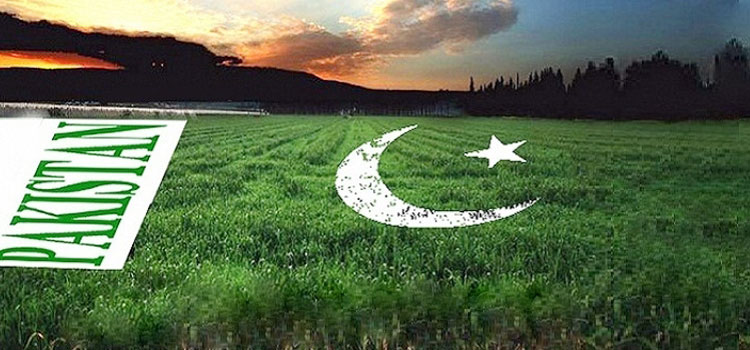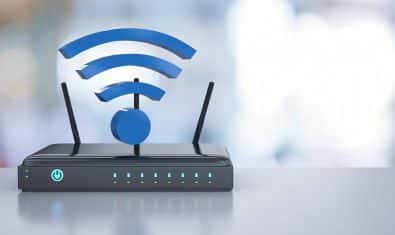Internet has been available in Pakistan since the 1990’s, and since then, it has seen an incredibly rapid growth in use and access. This is partly due to technological advances, decreasing prices of computers and mobile phones; and partly due to the ever-growing ease of access of internet across the country.
Back in 2001, approximately 1.3% of the country’s population was using the internet. Since then, this number has continued to increase, rising up to 6.5% by 2006 and then further reaching 10% by 2012. According to the International Telecommunications Union’s (ITU) report, currently 11% of Pakistan’s population, which is over 20 million people, is using the internet.
Not to mention, exact number of internet users in Pakistan for a current date is an unknown figure. There’s no research carried away to study the number of internet users in the country, except that the one we mentioned above. Some independent estimates suggest that internet population of Pakistan is hovering around 30-35 Million.
Roughly 30-35 million people in Pakistan currently use the internet
The growing web of internet service providers and the introduction of faster mobile internet in the form of 3G and 4G have increased the availability of tablets and smart phones. Out of the total 11% internet-using population segment, 50% of the users access the internet through their mobile devices, which is the primary reason that telecommunication companies have started expanding their mobile internet services and offering more affordable and cheap internet packages to their users.
Internet and social media usage in Pakistan – 2015
The internet holds the potential for changing the whole landscape of how different segments of our society function, such as economy, education, agriculture, government, military and everyday life in general, and bring numerous positive and negative impacts along with it.
Around a quarter of Pakistan’s agriculture accounts for about 21% of the country’s GDP. Increasing internet access can affect this important industry on a tremendous scale. “Smart Farming”, although still an alien concept in Pakistan, has the potential to take agriculture to a whole new level. For example, the European Union has already started to sponsor several such projects, which include the use of technology to collect large amounts of information regarding crop yields, soil-mapping, fertilizer applications, weather data, machinery, and animal health.

A subset of Smart Farming, “Precision Livestock Farming” or PLF, already has private companies such as Anemon (Switzerland) and eCow (UK) participating actively in the field. Sensors can be used to monitor body temperatures, GPS positions, pulse and tissue activity and breeding information in livestock and SMS/online alerts, for example, can be sent to the breeder based on predefined events, such as, if a cow is ready for reproduction. The development of internet technology and access in Pakistan can possibly lead to this concept to be applied in the country and strengthen its already suffering agricultural foundations.
Increasing internet penetration also directly impacts the advertisement and marketing behavior of businesses in Pakistan. Traditionally, it was believed that the reins of advertising behavior rested solely in the hands of the advertiser. However, due to higher media and internet exposure levels, the consumer has now taken charge of advertising instead and the roles have been reversed.
The consumer now has more control through access to product information, and consumer choice has become much more significant than it used to be. With the ever-ascending trend, it can be said that it will continue to grow as an important factor. This consumer led marketing factor has instigated the launch of 3G and 4G in Pakistan, because it was the demand that led to its advertisement and introduction.

The concept of government digitization is another interesting prospect that has already seen a lot of public approval on a global scale. This e-government system refers to the employment of the Internet and the world-wide-web for delivering government information and services, along with the opportunity of interaction, to the citizens. This could have many advantages if applied in Pakistan, such as democratization, reduction of hard copy and paper usage, efficiency, speed and convenience.
The internet is also responsible for causing the gradual disappearance of cash transactions worldwide. In Pakistan, e-commerce is an emerging business trend which has contributed immensely to online money transactions, and a lot of companies exist in the field already.
The Other Side of the Coin
Along with all the advantageous changes that increasing internet penetration is bringing to the country, it is, without doubt, bringing privacy, piracy, and security concerns with it as well. The growth of internet usage goes hand in hand with the rise in problems such as cyber-attacks on businesses and governments resulting in lack of confidence in this technology.
On the other hand, online fraud and identity theft leaves users wary about online transactions as well. Theft of intellectual property and piracy are also growing issues due to this rapid increase of internet usage in the country.
Ready or Not, A Digital Pakistan is On Its Way
These disadvantages along with the grand benefits that digitization brings, are bound to manifest if Pakistan continues its journey towards becoming digitally advanced. What measures will the government and public take in order to overcome these problems? This is something that is yet to unfold in the future, but all in all; let’s get ready for a digital Pakistan.



























My son is in a senior position in telecom who tells me that 10 million houses use internet in the villages and small cities of Pakistan on mobile 2/3/4G. In the middle and big cities there are more than 10 million houses using internet from other companies. In my opinion, about 50 million Pakistanis use internet. As per a report, Pakistan is No 4 in the world where people get business from other countries on internet. Pakistan had the densest capacity of Optical Fiber Cable Network available where 20 billion people can communicate. Software education is increasing by 60% per year and computer usage is increasing by 30% per year. Pakistan is on the rise. That is why you see young Pakistanis giving outstanding performance in software and research in the world. About 10 universities and more than 300 colleges are coming up every year. There are now more than 180 universities in Pakistan whereas in 1947 we had only one university. Pakistan is no 1 in education in the Muslim world.